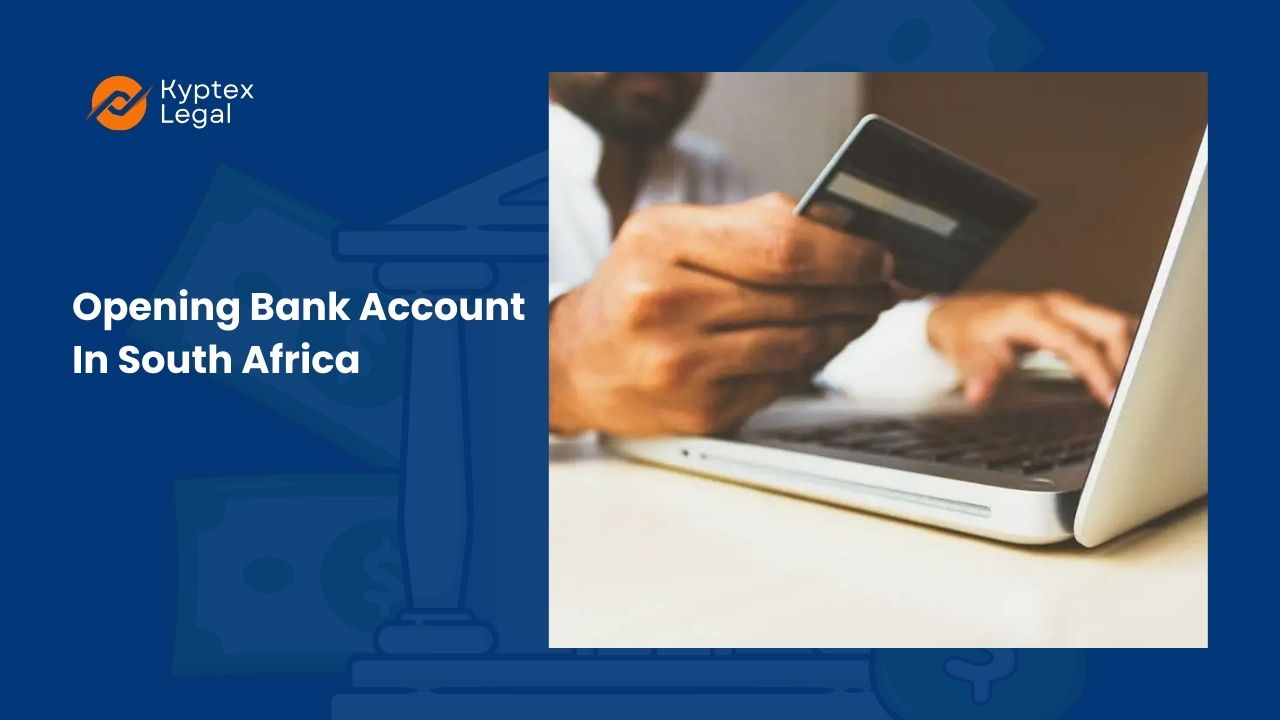
The term “opening a bank account in South Africa” is frequently searched, and we have decided to fulfill this request by composing this fact-based guide. We have your back, regardless of whether you are a resident business or a foreign corporation seeking a non-resident account in South Africa.
Why Companies Might Need To Open A Bank Account In South Africa?
It is crucial to comprehend the rationale behind why companies may wish to establish a bank account in South Africa prior to initiating the process:
- Operational Management: Businesses are able to manage daily local transactions, including the payment of suppliers, the processing of payroll, and the management of operational expenses, by having a local bank account.
- Cost Reduction: The costs associated with local transactions, currency conversions, and potential foreign exchange risks are minimized by using a local bank account, which replaces SWIFT and has greater liquidity in local currency.
- Financial Confidence: The presence of a local account that is utilized to conduct transactions with local businesses and stakeholders will enhance financial certainty that transactions will not be delayed, as international banks may wish to review your payments to South Africa on the basis of high country risk.
Finding The Right Bank
South Africa offers a variety of traditional and digital institutions, each with its own distinct services and offerings. It is imperative that you evaluate and prioritize the most critical services:
- Online Banking: Verify that the online banking platform or mobile application of the bank is user-friendly and simple to navigate on a daily basis.
- Local and International Transfers: We suggest selecting a bank that is not only adept at local currency transfers but also has a robust financial network throughout the African continent in the event that you need to make payments to other African countries.
- Exchange Rates: Agree on reasonable currency exchange rates through negotiation.
- Relationship Manager: Ensure that you are assigned a dedicated relationship manager to oversee your account and other banking requirements.
- Multiple Licenses: You may be able to take advantage of a bank that possesses multiple payment or banking licenses across continents. For instance, an additional license in the EU or UK could allow you to obtain a GB or EU IBAN in addition to your local SA bank account.
Requirements For Opening A Bank Account
The prerequisites for establishing a business bank account in South Africa are contingent upon the nature and structure of the business. The following are the typical documents and information that are required:
- Proof of Business Registration: This comprises the business’s registration documents, including a Certificate of Incorporation (for corporations) a Partnership Agreement (for partnerships), or any other pertinent registration documents.
- Identity Proof for Directors/Owners: All directors, associates, or owners must provide valid identification documents, such as passports.
- Proof of Business Address: A municipal letter, lease agreement, or recent utility statement that confirms the physical address of the business (typically no older than three months).
- Residential Address Proof for Directors/Owners: Recent utility invoices or lease agreements for all directors or owners to verify their residential addresses (typically no older than three months).
- Company Tax Number: The tax identification number of the business.
- Financial Statements: The most recent financial statements, tax returns, or other documentation that demonstrates the business’s financial status and income.
- Memorandum and Articles of Association: The constitutional documents of the company that delineate its governance and ownership structure.
- Business Plan or Brief Description of Business Activities: Certain institutions may require a business plan or a concise summary of the business’s operations and future projections.
Based on the nature of the business and the policies of the specific bank, additional documentation may be necessary.
Added Hints for a Smooth Banking Experience in South Africa
- Currency Hedges: If your business operates internationally or has global stakeholders, it may be advantageous to mitigate the currency exchange risk through FX forwards.
- Consider Having Several Accounts: We strongly recommend that you maintain multiple bank accounts in the event that one is closed.
- Fee Negotiation: Comprehend and negotiate transaction fees, including fixed or variable fees for receiving and sending payments, currency exchange margin, and deposits on FX forwards.
Conclusion
Provided that you possess the requisite documentation and satisfy the prerequisites, the process of opening a bank account in South Africa is relatively straightforward. In order to optimize your banking experience in South Africa, it is crucial to maintain responsible account management.